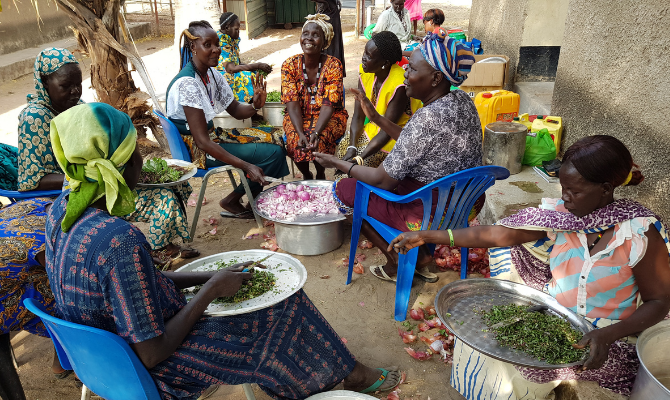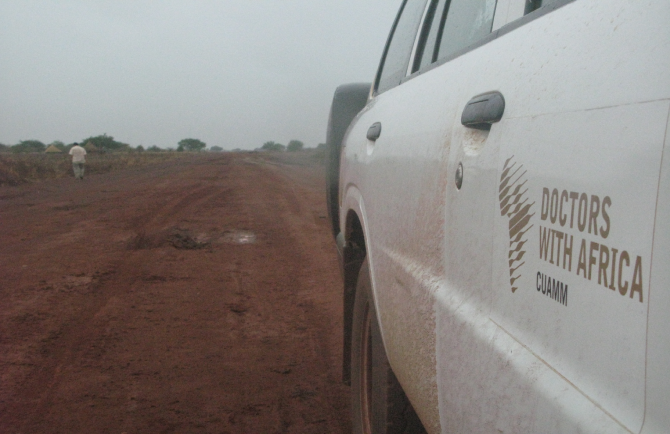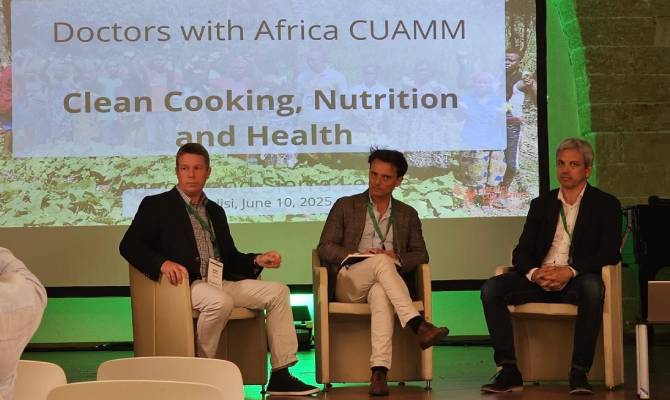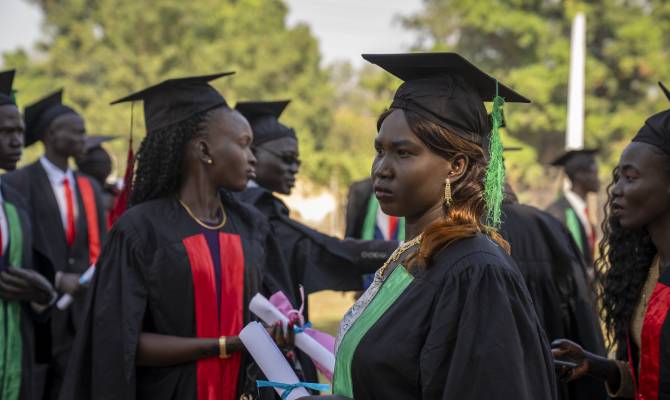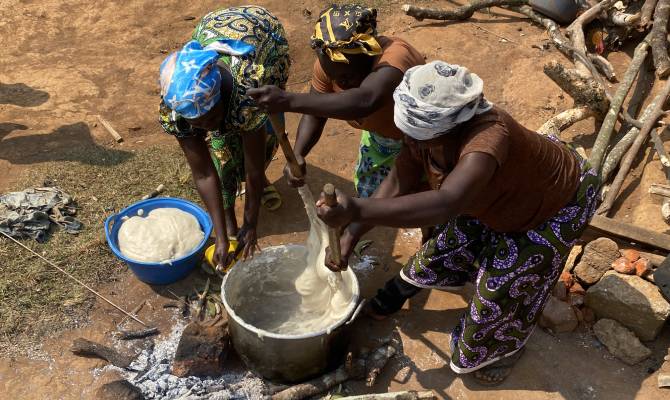In 2020 the rainy season in South Sudan led to unusual flooding, forcing 856,000 people to leave their homes. Among them, 187,000 in the Ex Lakes State, where Doctors with Africa Cuamm is present as a partner of the South Sudanese Ministry of Health, helping to coordinate the health response. The area was already characterized by internally displaced people (IDPs) settlements due to the outbreak of civil war in 2013. New IDPs started arriving, exponentially increasing the catchment population and furtherly burdening the already fragile health system.
“Doctors with Africa CUAMM with the support of South Sudan Humanitarian Fund (SSHF), started an emergency response on the 16th of November 2020 with the aim of restoring and strengthening the capacity of selected health facilities to provide health and nutrition services, especially those in the areas with a great number of IDPs: Rumbek Centre, Rumbek East, Yirol East and Awerial” – tells Samuel, SSHF project manager–. “In particular, the only Awerial County counted 70,000 IDPS seeking for protection and safety. The only governmental health facility providing health and nutritional services in Mingkaman town was overcrowded”- continues Samuel -.
Therefore, Mobile Health Teams have been established along with the training of community health workers (CHWs) and community nutrition volunteers (CNV) to sensitize and support the affected population. Moreover, in Awerial County the SSHF project sustains mothers-to-mothers support groups that include women of any age who meet to learn and discuss about issues of infant and child nutrition, particularly the root causes of malnutrition among children under 5. CUAMM selected 180 mothers from 9 IDP locations and Mary is one them.
In January 2021, Mary’s child experienced a case of severe malnutrition. “This is the second time in less than two months that my child was diagnosed with severe malnutrition – Mary tells – . He was referred to Mingkaman stabilization centre by one of the members of SSHF mobile nutrition team”. The child was admitted and then successfully recovered. Immediately after, Mary came to know about the Mothers to Mothers Support Group (MtMSG) and she decided to join.
“I’ve really enjoyed the cooking demonstrations where nutritionists “teach” how to cook healthy meals for children, pregnant and lactating women – Mary claims -. I’ve learnt a lot on how to manage under 5 children at risk of malnutrition and, in addition to the common practices, I’ve adopted the daily feeding for my children made of honey mixed with peanut paste or sim-sim paste, according to the availability”.
Mary tells of the fruitful outcome of her experience within the group: a positive experience that has benefited the community too, since she inspired 7 mothers to adopt the same behaviors to take care of themselves and their children. Mary’s testimony is also the demonstration that the most significant change is possible starting from the community, from mothers supporting each other, working hand in hand with the community nutrition volunteers, mobile nutrition teams and all those that are committed every day to improving health, and preventing and fighting malnutrition.

